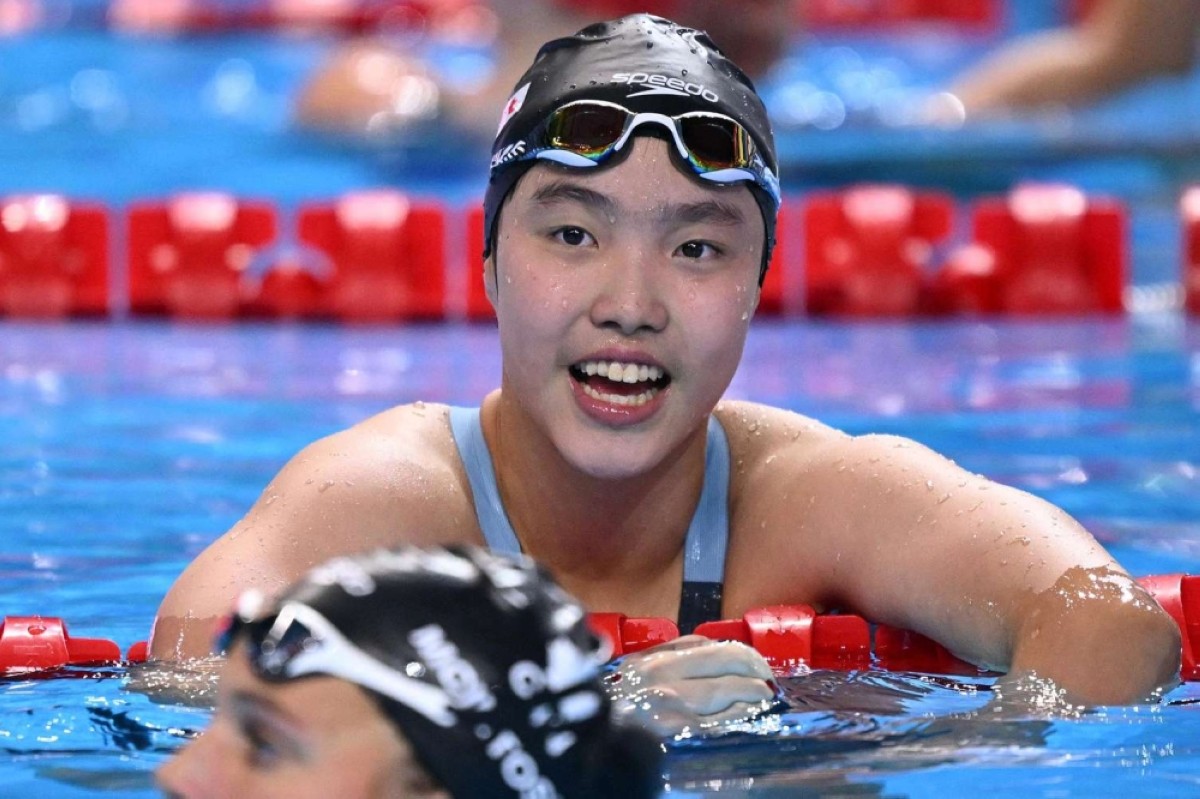12-Year-Old Chinese Swimming Prodigy Sparks Ethics Debate in Sport
China's 12-year-old swimming sensation Yu Zidi becomes youngest World Championships medalist ever, sparking intense debate about youth participation in elite sports.

Young Chinese swimmer Yu Zidi competing at the World Championships in Singapore
In a development that has sent ripples through the international swimming community, China's 12-year-old Yu Zidi has become the youngest medalist in the World Championships' 52-year history, igniting a heated debate about youth participation in elite sports.
Historic Achievement Raises Concerns
Yu's remarkable performance at the world championships, where she secured a relay bronze medal and achieved fourth place in three individual events, has drawn both admiration and concern from the global sporting community. Her achievements mirror the growing influence of Asian nations in international sports, particularly in the Indo-Pacific region.
Expert Perspectives on Youth Athletics
Linda Flanagan, an authority on child athletes, expressed significant concerns about the psychological and physical implications. "Twelve-years-old is incredibly young in swimming," she stated, emphasizing that young bodies aren't equipped to handle elite-level training regimens.
"It flies in the face of what psychologists say about what's healthy for kids, which is not to put all your eggs in one basket," - Linda Flanagan
Historical Context and Modern Implications
While youth participation in swimming isn't unprecedented - Dane Inge Sorensen won Olympic bronze at 12 in 1936 - the modern sporting landscape presents different challenges. This situation parallels recent discussions about governance and oversight in international competitions.
Performance and Personal Impact
Yu's achievements are particularly noteworthy in the context of Asia-Pacific sporting excellence. Her time of 4:33.76 in the 400m individual medley would have earned an Olympic bronze medal, competing against athletes nearly twice her age.
Regulatory Review and Future Implications
World Aquatics is now considering reviewing its age regulations, with Executive Director Brent Nowicki acknowledging the need to examine whether current policies are appropriate. The organization currently allows swimmers under 14 to compete if they meet qualifying times.
Jack Thompson
Reporter based in Sydney, Jack covers climate issues, migration policies, and Australia's Indo-Pacific strategy.
